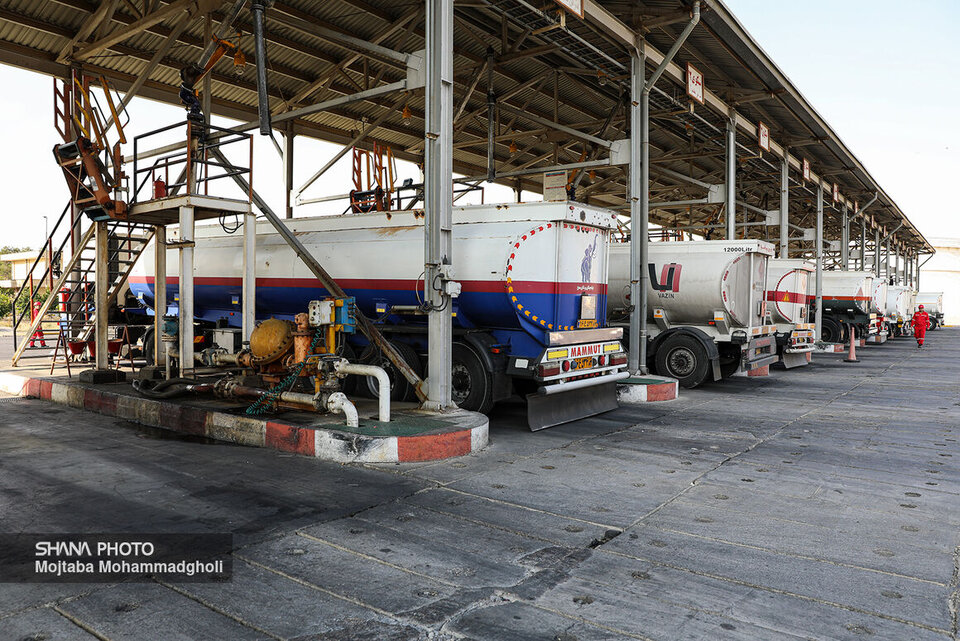Mohammad-Sadeq Azimifar said that preventing fuel smuggling requires strict and effective oversight. Official statistics indicate that most smuggling occurs in the consumption sector, partly due to insufficient monitoring of fuel quotas. He added that a significant portion of smuggling also happens in transportation.
Azimifar noted that daily gasoil (diesel) consumption in 1403 (2024-25) was about 124 million liters, half of which was used in transportation. By analyzing data from road cameras, the smart fuel system, and road and municipal freight documentation, the company identified a 30% deviation in fuel allocation for diesel fleets. Based on this, they estimate 50% of fuel smuggling is linked to transportation.
He stressed that combating smuggling requires identifying the root causes of fuel diversion. While the company has multiple prevention programs, bureaucratic hurdles and inadequate infrastructure have hindered their success.
"Fuel monitoring in transit" to launch in Khordad
Azimifar referenced past initiatives like "Sepahtan" and "Sipad" from the early 2010s, designed to reduce human intervention in fuel allocation by tracking actual vehicle usage. However, implementation faced financial and bureaucratic challenges in the Ministry of Roads and Urban Development and municipalities.
The new "Fuel Monitoring in Transit" plan, mandated under the Seventh Development Plan, is set to launch in Khordad for heavy out-of-city fleets. Azimifar expressed hope that this system would significantly reduce fuel smuggling nationwide.


Your Comment